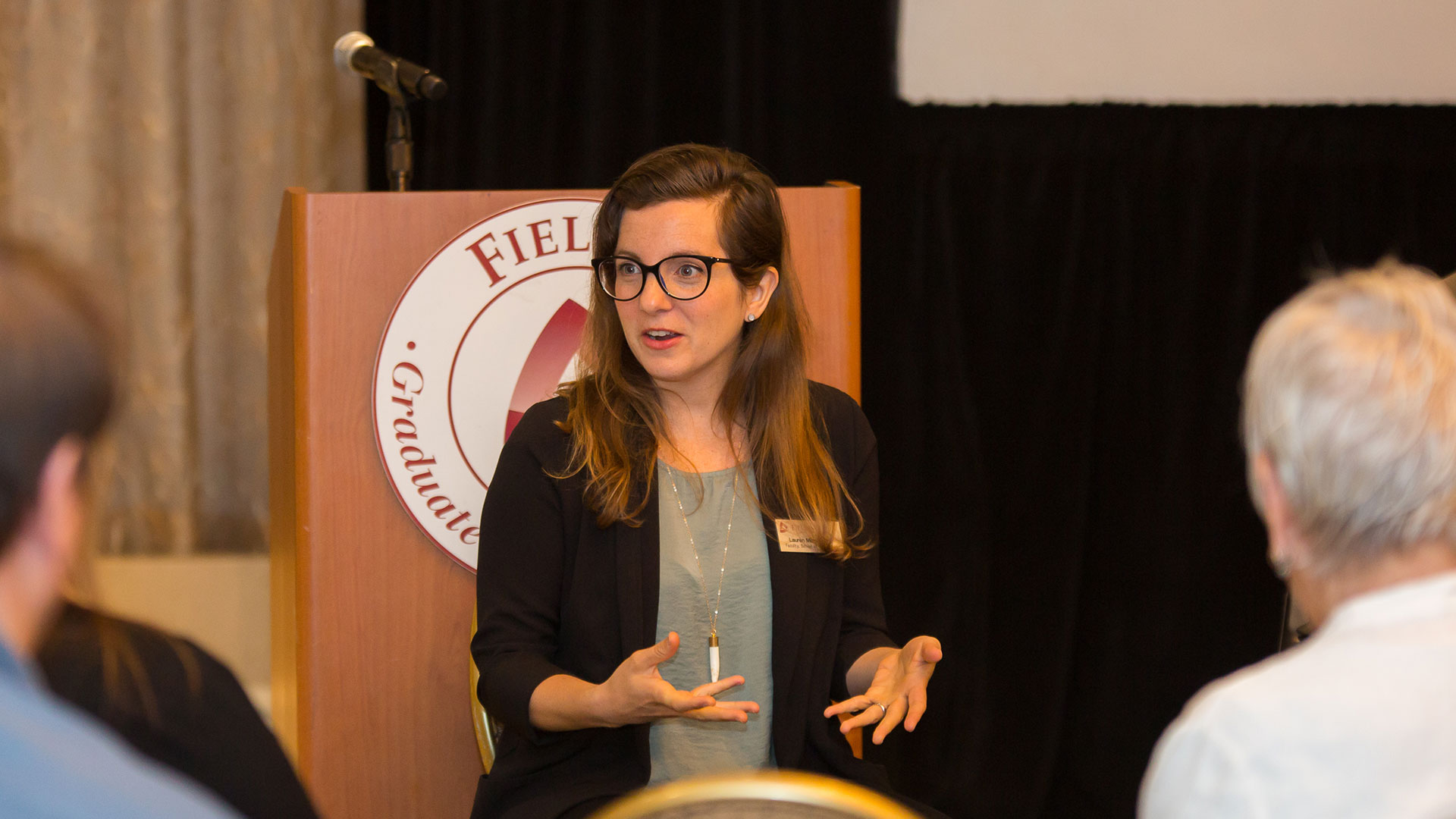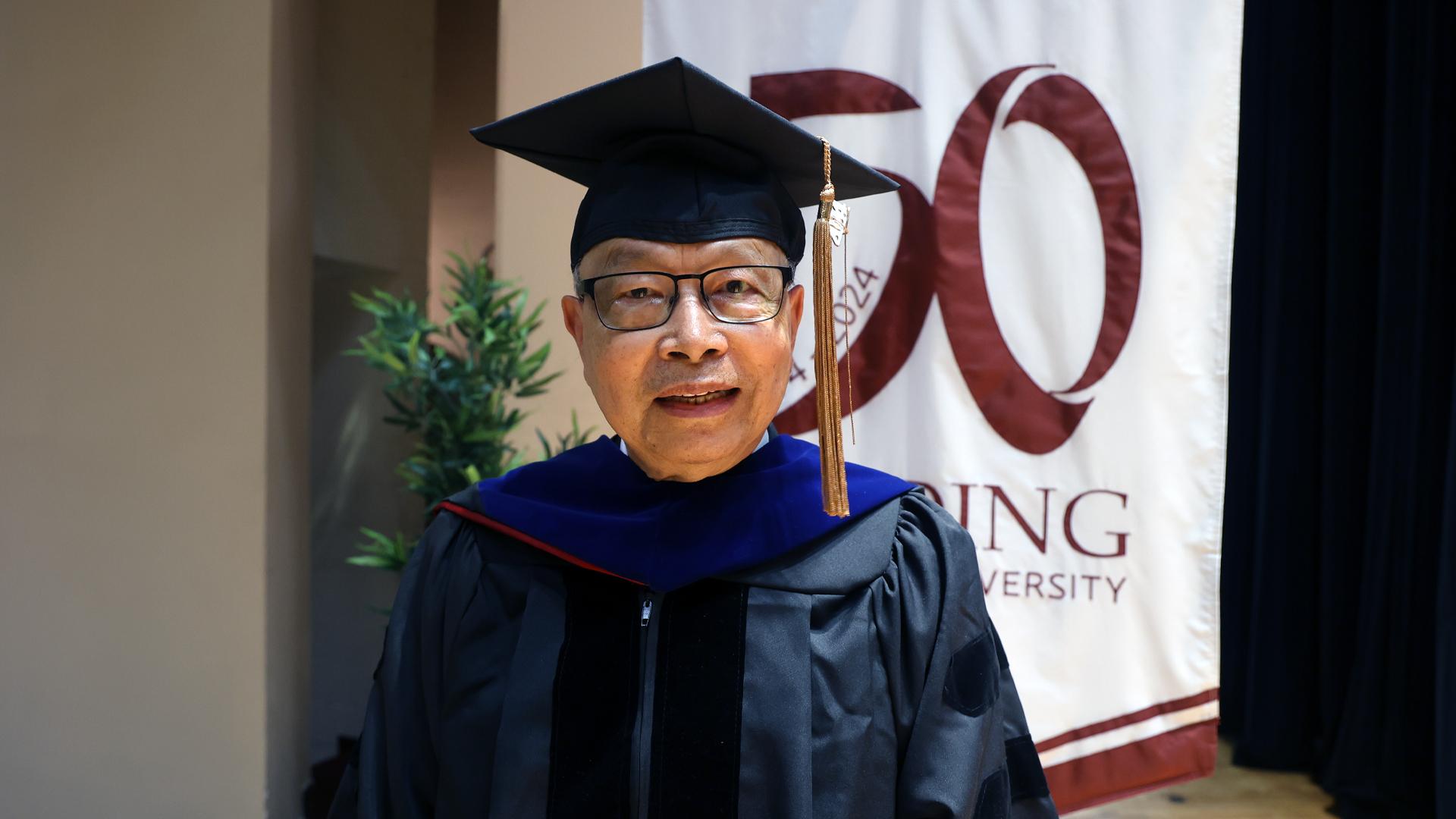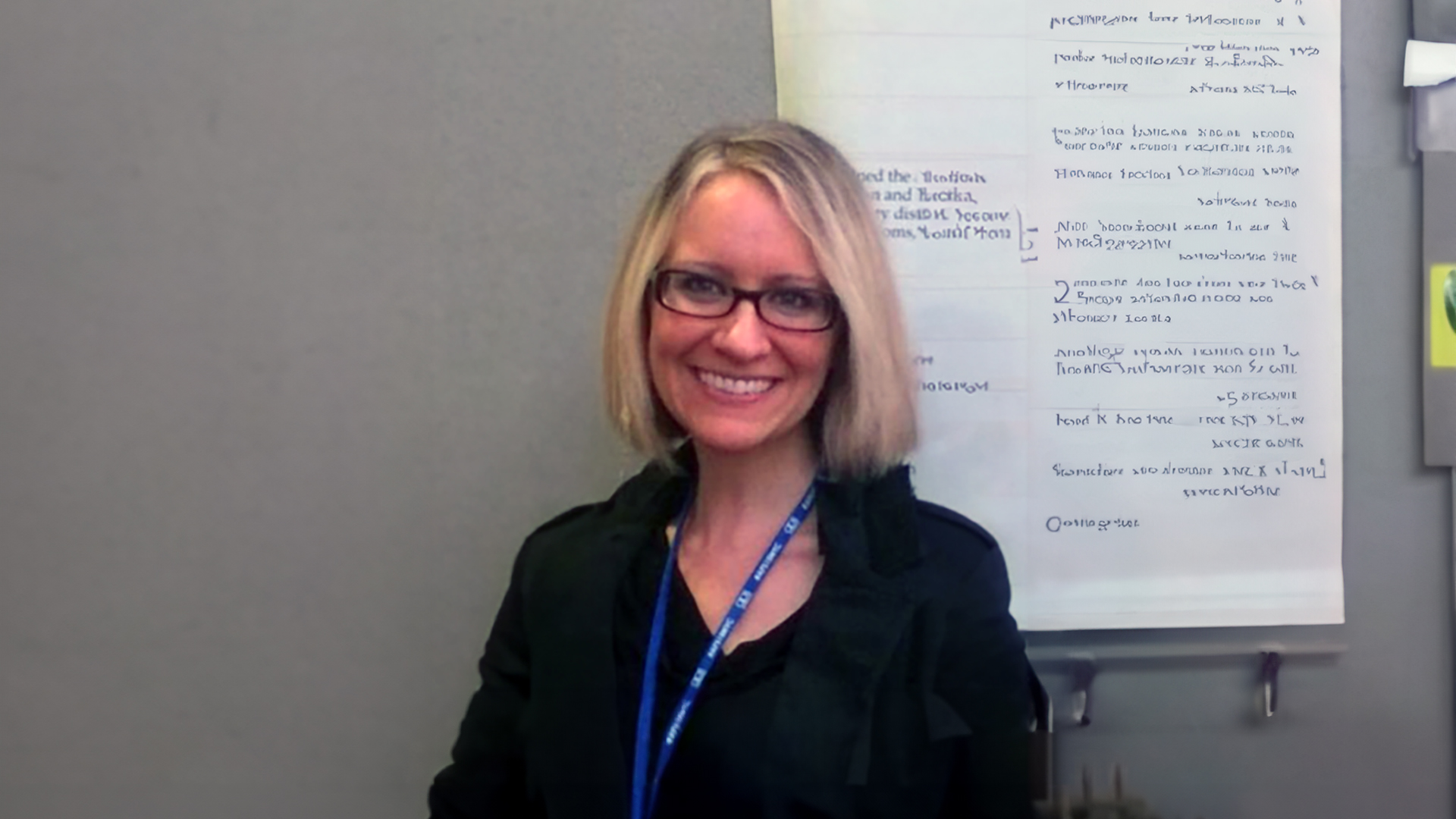This essay first appeared in The EvoLLLution®, an online newspaper for higher education: https://bit.ly/3LabagT
Glen Canyon, a ghostly presence in southern Utah under Lake Powell for almost 60 years, is now re-emerging. The canyon’s return is a consequence of the decades-old drought that is also affecting water levels elsewhere across the American Southwest. As Lake Powell’s water level continues to plummet, native plant species and waterfalls have awakened from a watery slumber.
Scientists are eagerly studying Glen Canyon’s seemingly swift recovery, as it is just one example of nature’s resilience. Since the pandemic, and as people sheltered at home, that resiliency has been on full display.
Although the evidence is not yet conclusive, we have an intuitive sense that plants, animals, the atmosphere, the forests, and other elements in nature restore themselves when human activity is lessened. Some researchers have called the transformation that has occurred during the pandemic, nature’s way of “hitting the reset button.”
We are witnessing what can happen in nature when the human-natural world relationship is in balance. To keep it that way beyond the pandemic, and into the future, however, we have to do our part.
The good news, we have made tremendous progress. Since we celebrated the first Earth Day on April 22, 1970 in Santa Barbara, California there have been great strides toward sustainability, energy efficiency, curbing air pollution, creating alternative power generation, and expanding water availability.
But now, 52 years since that first Earth Day, our focus should be on pushing for environmental policy change and introducing impactful solutions at every level of government. We must also exhort the private sector to be a part of this policy change; they must do their part. Collective action is what is needed.
Collective action begins with education. Often we think of the importance of teaching young children to love and respect nature and creating opportunities for college students to understand science and be aware of environmental issues.
Adult learners are not generally included in discussions of environmental education, and they should be. They represent an increasingly greater share of the college educated. Adult learners are also more likely to be experienced professionals already and can more immediately apply their learning into their own organizational settings.
Fielding was founded as a graduate school specifically for adult leaders. Our philosophy of learning is based on co-founder Malcolm Knowles’ major principles of adult learning. Knowles argued that:
- Adults are motivated to learn as they develop needs and interests that learning will satisfy.
- Adult orientation to learning is life- and work-centered.
- Experience is the richest resource for adult learning.
- Adults have a deep need to be self-directing.
- Individual differences among adult learners increase with age and experience.
Combining the talent and eagerness for learning evidenced by adult learners, they can be a force for change in our society. When coupled with an emphasis on environmental education, particularly when focused on the context of social change and justice, it becomes imperative that adult learners are part of the equation in discussions of environmental education.
We know that when people are informed and educated about environmental problems, they are more likely to take action. Nevertheless, if we are not careful, that action can dissipate in the absence of clear messages and direction. Today, let us apply this simple prescription for change in our lives, homes, communities, on the job, where we worship, and at school: learn, share, volunteer, and participate. When we do, our individual actions can swell the cumulative impact of environmental stewardship. During the month of April when Earth Day is celebrated, I am reminded of an old Chinese proverb that says, “The best time to plant a tree was 20 years ago. The second best time is now.” For those of us in education focused on adult learners, now is a good time to revisit our curricula and learning models—to see what we can to do to teach and inspire this group to consider their role in promoting sustainability. As we have learned from nature, it is time for us to do our part—to restore, sustain, and set the reset button—and its starts now.
Katrina S. Rogers, PhD
President, Fielding Graduate University
To learn more about the doctoral program in Organizational Development and Change, please visit the School of Leadership Studies and the Organizational Development and Change sections of this site.
To learn more about sustainability leadership concentration at Fielding Graduate University, please visit the doctoral concentrations section of the site.
Join Over 7,500 Fielding Alumni Located Around The World!
Change the world. Start with yours.™






Get Social